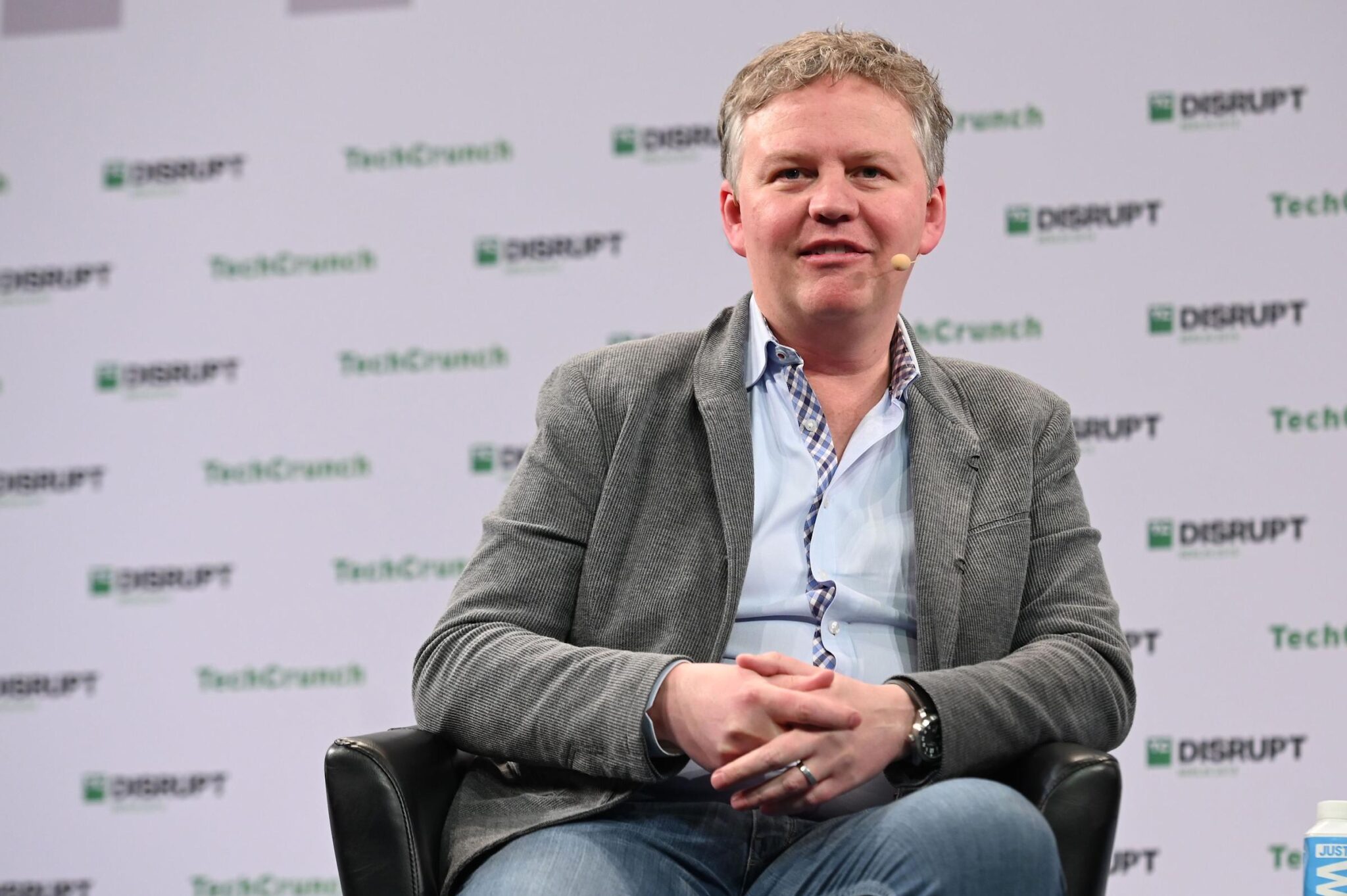In a bold critique that could intensify Silicon Valley’s growing tensions over artificial intelligence, Cloudflare CEO Matthew Prince has accused Google of “abusing its monopoly position in search” to gain an unfair advantage in the race to dominate generative AI.
Speaking at a recent technology forum in San Francisco, Prince alleged that Google is leveraging its overwhelming control of online search traffic and user data to fuel its AI models — an advantage that competitors cannot match without similar access. His remarks mark one of the most direct challenges yet from a major tech executive to Google’s dominance at the intersection of search and artificial intelligence.
“When one company controls nearly all search queries on the internet and uses that data to train its AI — that’s not innovation, that’s entrenchment,” Prince said. “It’s using monopoly power to secure the next monopoly.”
AI’s New Frontier: Data as the Ultimate Weapon
At the heart of Prince’s criticism lies a growing concern within the tech industry: data — not algorithms — is now the true competitive edge in artificial intelligence.
AI models like ChatGPT, Gemini, and Anthropic’s Claude rely on vast quantities of human-generated text and interaction data to improve accuracy, reasoning, and context understanding. With billions of daily searches, Google possesses perhaps the largest dataset of human intent and language patterns in existence.
By integrating that data into its AI models, including Gemini, Google can refine responses and search-like reasoning in ways that rivals simply cannot.
Prince argued that this creates a closed-loop advantage — one where Google’s search dominance feeds its AI systems, and those AI systems in turn reinforce Google’s search dominance.
“It’s like training an athlete with access to every recorded play in the game’s history,” Prince said. “No one else even gets to watch the tape.”
Cloudflare’s Perspective: Fair Access to the Web
Cloudflare, which operates one of the world’s largest web security and content delivery networks, has a unique vantage point on how internet data flows. The company’s technology helps route and secure traffic for millions of websites, giving it insight into both the technical infrastructure of the web and the policy battles shaping its future.
Prince’s remarks reflect a wider industry frustration over data concentration and competitive fairness. He suggested that the internet’s largest platforms — particularly Google, Meta, and Microsoft — have turned open information ecosystems into closed AI pipelines, where user data is quietly extracted, privatized, and monetized to train proprietary models.
“The web was supposed to be open,” Prince said. “But what we’re seeing now is a shift toward platforms that hoard data and starve the commons. That’s dangerous for innovation, and it’s dangerous for democracy.”
A Brewing Antitrust Flashpoint
Prince’s comments arrive as regulators in the U.S. and Europe are already scrutinizing Google’s practices. The U.S. Department of Justice’s antitrust case against Google — focused on search and digital advertising — has exposed internal evidence suggesting the company took aggressive steps to maintain dominance.
Now, the next battle may center on AI data access. As Google integrates its Gemini AI model directly into search, competitors and policymakers are raising alarms that the company is using its established monopoly to cement control over the next generation of internet interfaces.
European regulators have hinted that AI data collection could fall under existing antitrust frameworks, particularly if companies use dominant products to give their AI offerings an unfair market advantage.
Prince’s remarks could add fuel to those investigations.
“AI isn’t exempt from antitrust,” said one Brussels-based policy expert familiar with the matter. “If a dominant search engine uses its position to restrict fair competition in AI, that’s a regulatory issue — not a technological one.”
Google’s Defense: Innovation, Not Exploitation
Google has consistently defended its AI practices as extensions of its ongoing innovation in search, rather than anti-competitive behavior. The company argues that integrating AI into search is essential to improving user experience, providing faster, more relevant, and more conversational results.
In public statements, Google executives have emphasized that its AI models are trained on diverse data sources, not just internal search queries, and that user privacy remains protected through anonymization and aggregation.
“We’re evolving search responsibly,” a Google spokesperson said. “AI is transforming how people find information, and we’re committed to doing that in a way that benefits users, publishers, and the broader ecosystem.”
Still, critics like Prince argue that anonymization doesn’t address the competitive asymmetry — that no rival can legally or practically access the same breadth of user behavior data Google already controls.
AI’s Uneven Playing Field
The Cloudflare CEO’s warning reflects a broader anxiety across the tech sector: as AI becomes embedded into every corner of the digital economy, control of data pipelines may determine who survives the next wave of disruption.
Smaller firms and open-source developers increasingly find themselves dependent on the APIs and platforms of giants like Google, Microsoft, and OpenAI — all of whom have privileged access to proprietary data streams.
Prince called for clearer rules governing AI data use and competitive fairness, suggesting that regulators may need to treat search data as a public infrastructure rather than a private asset.
“We don’t let one company own all the roads and charge everyone else tolls,” he said. “The internet should be no different.”
Industry Reactions: Quiet Agreement, Loud Implications
While few major tech CEOs have echoed Prince’s criticism publicly, several industry leaders have privately expressed similar concerns. Executives at smaller AI startups say they face insurmountable barriers to training models without access to large-scale search or social data.
Meanwhile, publishers and content creators continue to accuse Google and other AI companies of using their material without proper compensation — an issue that’s sparked lawsuits across multiple countries.
Prince’s comments, therefore, touch on two intersecting debates: one about market power, and another about intellectual property and data ethics in the age of generative AI.
A Warning for the Future of the Internet
The Cloudflare CEO concluded his remarks with a broader warning: if left unchecked, the consolidation of data and AI power could lead to a “two-tier internet” — one where a few dominant players own the intelligence layer of the web, while everyone else becomes dependent users.
“We built the internet on openness,” Prince said. “If AI becomes another walled garden controlled by a handful of companies, we’ll have lost the very thing that made it revolutionary.”
As regulators worldwide weigh new rules for AI transparency and competition, Prince’s challenge to Google highlights a defining question for the digital era: can innovation truly be fair when one company controls the world’s knowledge?







